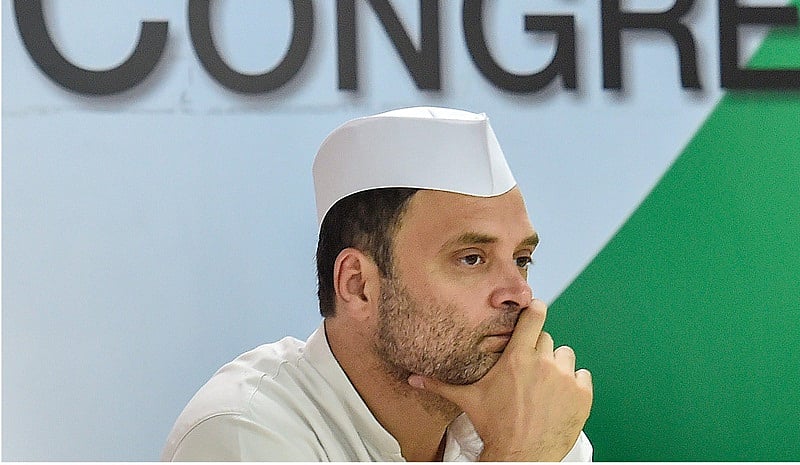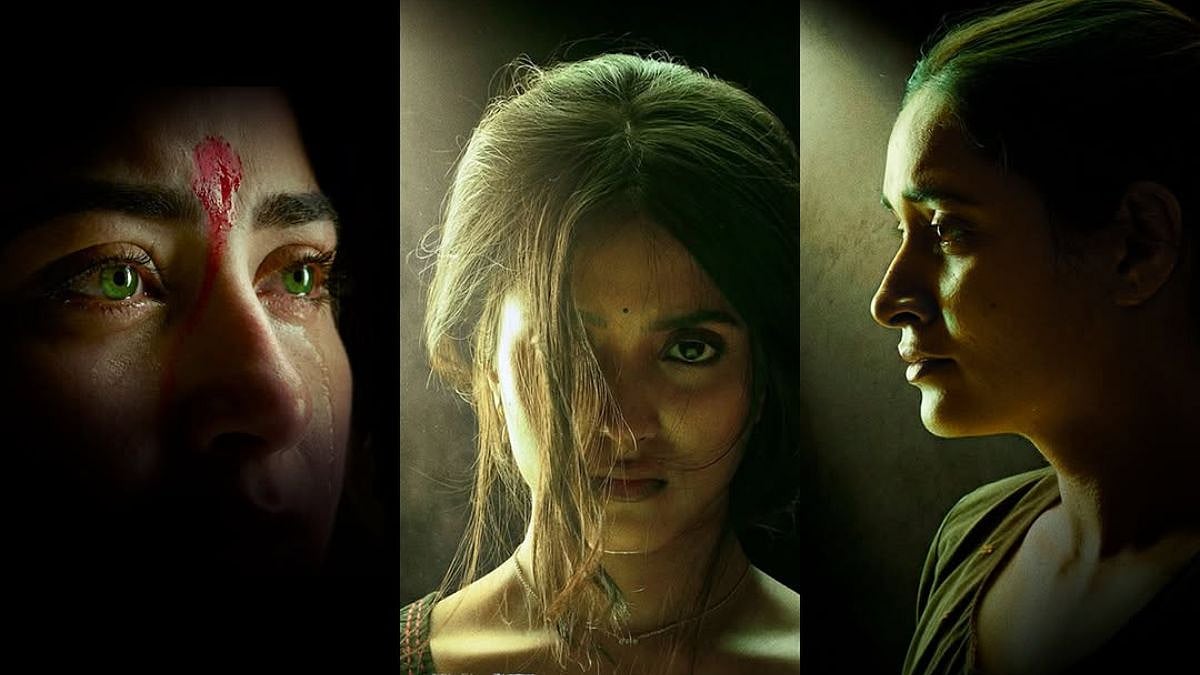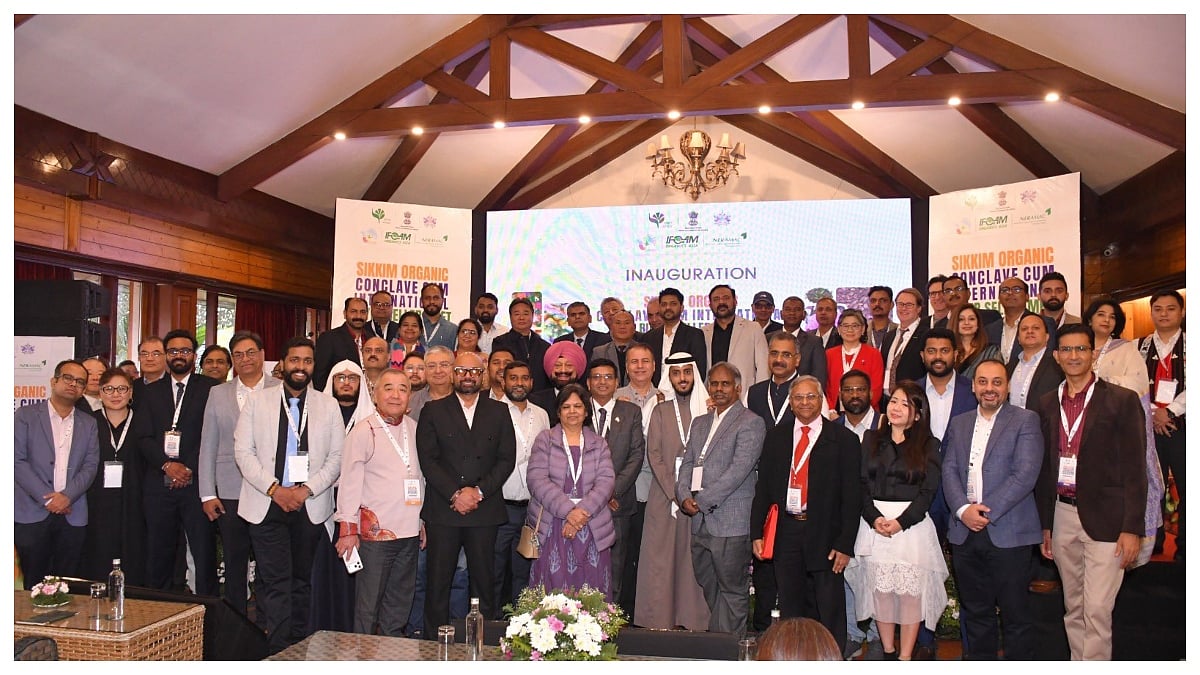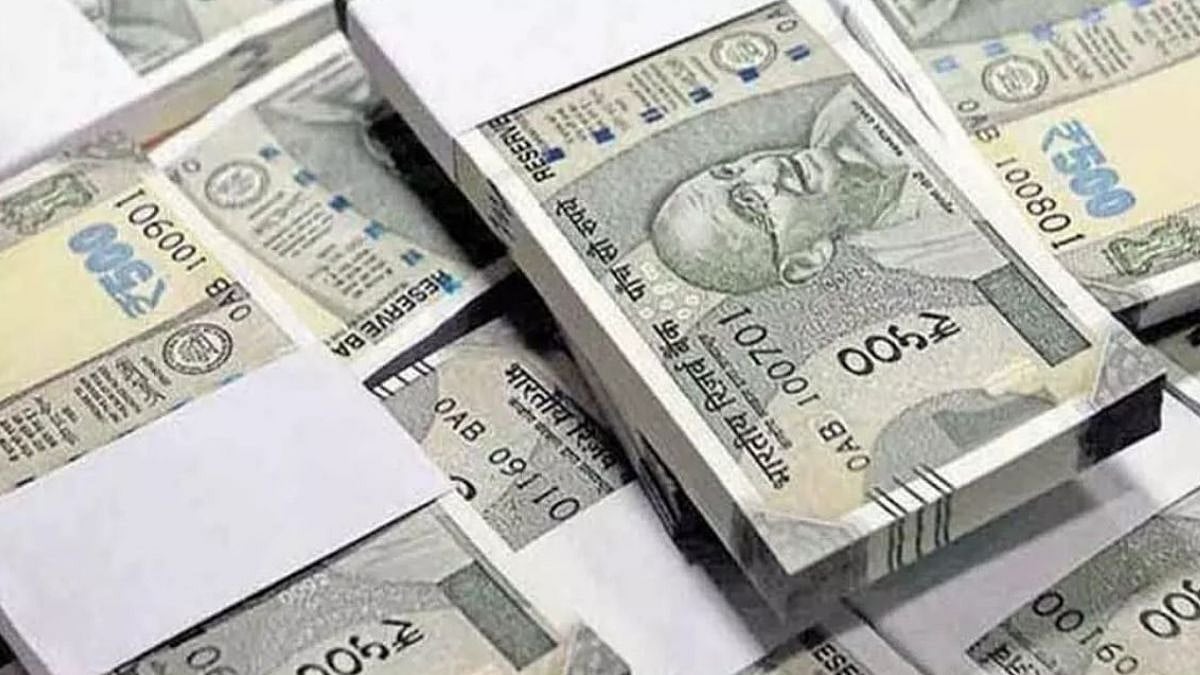Has the grand old party finally come to terms with its shrunken footprint? Backpedalling furiously from its Rahul-as-PM stance, it has indicated a willingness to accept a supporting role, thereby putting the dream of a Congress-led grand alliance to rest. It is ready to hop aboard the Opposition bandwagon, regardless of who is in the driver’s seat.
Just last week, the Congress was desperately keen to project its fearless leader as PM-to-be, but was once again brought up short by the regional parties. If Rahul Gandhi’s dramebaazi in Parliament last week was intended to establish him as the nucleus of an anti-BJP alliance, TMC leader Mamata Bannerjee punctured that ambition with her go-it-alone speech on Martyr’s Day. This made the Congress Working Committee’s subsequent sycophantic declaration of Rahul-as-PM look like pie-in-the-sky.
Mayawati played hardball, refusing to commit to a pan-India alliance with Congress and the Samajwadi Party was non-commital on the subject of prime ministership. The Congress then did a volte face, informally telling journalists that the numbers would decide whether it staked a claim to lead the government. It also went the extra mile, hinting that the party would be open to backing Mayawati or Mamata.
There are several reasons why Rahul Gandhi should quit worrying about the leadership issue and focus on forging alliances. First, pitching for PM at this time makes him sound entitled, which is exactly how the BJP would like to characterise him. Second, he needs the regional parties rather than the other way around. A Federal Front makes eminent sense for them, because the Congress is irrelevant in their respective states. As of now, they outnumber the Congress three-to-one (minus the NDA allies) in Parliament. Plus, they have plenty of scope for improvement, some of it at the expense of the Congress.
Even if the Congress bounces back with rubber-band elasticity, its Mission 200 seems as unlikely as the BJP’s Mission 350+. It may well find itself outnumbered by the Federal Front. So what can it bring to the table? It can make promises, but its credibility vis-a-vis the Opposition parties, as Prime Minister Narendra Modi took great pleasure in pointing out, is poor.
Third, the Opposition boasts an impressive array of leaders, each one as capable as Rahul of making a credible pitch for prime ministership. Admittedly, as the single largest Opposition party in the Lok Sabha, Rahul has a superior claim. But that logic no longer applies, because the Congress ceded chief ministership of Karnataka to the JD(S) despite having twice as many seats. After 14 years in active politics, Rahul knows that numbers alone do not necessarily rule.
He also knows that an endorsement from JD(S) chief Deve Gowda is weightless, given that his party won only two seats in the Lok Sabha. Even if the UPA allies can be persuaded, that’s not enough. A thumbs-up from Mamata, Mayawati, Akhilesh Yadav and Chandrababu Naidu is necessary.
So, Rahul-as-PM is doable but improbable. Anything is possible in politics, but at this point, the odds aren’t in his favour. His party is not in a position for hard bargaining. Theoretically, a front comprising all or most of the larger regional forces could win enough seats to oust both national parties and Mamata is well aware of the fact. Keeping in view the unity-is-strength principle, she has proposed a rally in Kolkata in January of 2019, to showcase the Federal Front – with or without the Congress.
Fourth, Rahul must bear in mind that while he has revealed his weapons of war, he has no idea what is lurking in the BJP arsenal. In 2014, he was not in the BJP’s crosshairs. He got off lightly during the campaign because he was neither PM nor party president. Now, he can expect to be at the receiving end of a propaganda blitzkrieg, which will make his attack on the PM in Parliament sound like a love-note. The Congress has lost ground since 2014, but there is no reason for despair. It is true that the party has been squeezed by the BJP and regional forces to the point that it is an also-ran in at least 250 seats. But in 89 seats – Madhya Pradesh (29), Gujarat (26), Rajasthan (25), Uttarakhand (5) and Himachal Pradesh (4) – it is in one-on-one competition with the BJP and has plenty of scope for improvement.
In Maharashtra (48) and Jharkhand (14), it is dependent on regional players, but in Karnataka (28), Chhattisgarh (11) and the North-East (25), it is strong enough to go it alone, despite the presence of regional forces. In Kerala (20) and Telegana (17), it can better its tally at the expense of friends and in Punjab (13) at the expense of foes. With wise state-level alliances, it can enhance its tally.
In 2003, as now, the NDA won a trust vote with a thumping majority but lost the electoral battle a year later. All because the then Congress president stooped to conquer. History may not repeat itself, but it does teach a lesson on hubris vs humility.
Bhavdeep Kang is a senior journalist with 35 years of experience in working with major newspapers and magazines. She is now an independent writer and author.




